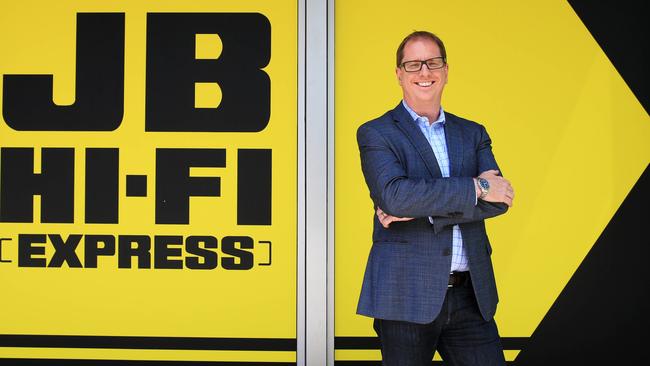
A relative newcomer to the game, Murray learned from some masters when he joined JB Hi-Fi from Deloitte at the time of its 2003 float at the feet of then boss Richard Uechtritz and his predecessor Terry Smart.
In his seventh year as boss, Murray was smart enough to put Smart in charge of the Good Guys and, with the Midas touch of good timing, has turned the $872m deal from a potential dog to what looks like a prized acquisition.
JB listed in 2003 with a value of $126m and is now worth 46 times more at $5.8bn.
COVID-19 has had a few winners and Murray is a standout because, with international travel off the agenda and home renovation the substitute, JB and the Good Guys are flying, with net profit up 86.2 per cent last half to $317.7m.
Shareholders did well, with dividends almost doubling to $1.80 a share on a 65 per cent payout ratio, putting another $277,248 into Murray’s pocket by virtue of his 154,027 shares.
Always happy to share some advice, Murray notes “retail is about detail” and that’s the bit the former CFO does well.
He knows better than anyone that staff are the key to his success and the storefront staff at JB Hi-Fi do better than most under the so-called retail achievers system, which is being rolled out to Good Guys staff.
In simple terms, a salesperson will earn about $30,000 base pay, double that in commission and, if they have a really good year, well in excess of $100,000 in his or her pocket.
By contrast, a manager of a sizeable supermarket store with more than 100 staff and many millions of turnover on a good year will earn about $200,000.
The JB model is also simple, which means staff know exactly where they stand.
Murray is also talking up environmental benefits like solar-powered stores and recyclable packaging, which both make sense and make staff happier.
During lockdown he paid staff in full, as well as landlords when stores were closed, which also helps goodwill.
Pay is one thing, flexibility to act is another, as shown by last Friday in the wake of the Victorian COVID lockdown. By 7.40pm the retailer had 40 SUVs on the road and recorded more than 1000 deliveries over the weekend.
Uber and other hire vehicles replaced the regular delivery vehicles from Australia Post and Toll, and store workers delivered the goods to the door with a note of gratitude to customers.
That sort of service does wonders for customer loyalty and is one reason why JB Hi-Fi is a standout success, with sales growth continuing this year, as shown by same-store sales growth of 18.6 per cent at JB Hi-Fi and 14.1 per cent at Good Guys.
Some supply limits in television and panels helped sales because customers wanted to get their hands on the product rather than risk shortages.
That works as long as the outages are not chronic.
The latter is a different retail experience for customers with bigger ticket sales and longer shipping times compared to JB, where shoppers tend to come in quickly, buy what they want and exit just as fast.
This shopping experience also explains why JB Hi-Fi is not suffering from margin dilution at the growth of online sales to 10.3 per cent nationwide. Most online orders are for one or two items which can be easily picked from within the store by staff, as opposed to a supermarket order that may have 10 or more items.
At this stage of the expansion, Murray doesn’t need special warehouse facilities to cope with online sales, but at some point he will.
The saying is that at high tide all boats sail well and right now Murray has the sails at JB Hi-Fi trimmed to perfection, knowing full well the tide will recede at some point.
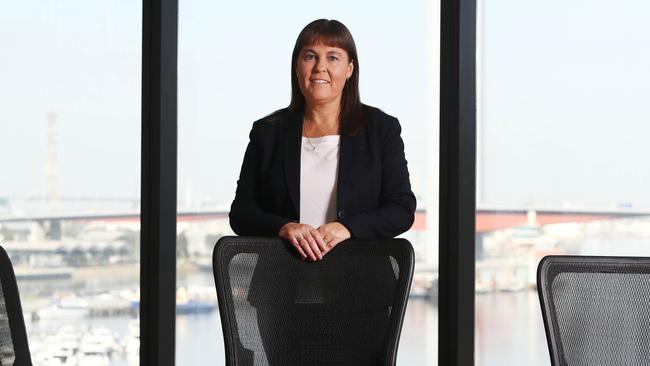
Banking on regions
The latest ABS figures show a net migration into regional Australia at the highest levels for two decades, which is music to Bendigo chief Marnie Baker’s ears.
The bank champions itself as a regional bank and right now more people want to live in the regions, which helps explain the strong growth in loan volume for the bank.
The good news was costs were also down some 3 per cent to $517m against revenue that grew 5 per cent to $849m.
The strong market reaction to the result was overplayed due to a relatively large short position of 5 per cent going into the result, which reversed, pushing the stock price up 11.3 per cent to $10.56.
This said, the result was in line with estimates and lower loan loss charges helped.
The bank has a high net promoter score of 29 points, which is well ahead of the majors where CBA’s consumer division is marginally positive but its overall ranking is negative.
A negative NPS score says customers tell friends to choose another bank, whereas positive says they will recommend the bank.
Bendigo has a 4.3 per cent increase in customers, and home loan lending at 3.6 times system was also back at over 50 per cent from its branches rather than brokers.
A better economy shows people are learning to live with COVID, according to Baker, and she believes the recovery will help boost the economy past the anaemic levels pre-COVID.
Coke offer on target
Coca-Cola European Partners faced a test on Monday when shares in Coca-Cola Amatil rose 2 per cent to $13.41, below its revised $13.50-a-share offer. With a wide open register and 30 per cent owner the Coca-Cola Company not participating in the bid, the final offer should be sufficient.
But with the offer not due to be sent until mid-March, with a vote in mid-April, there is plenty of time to go on this deal.
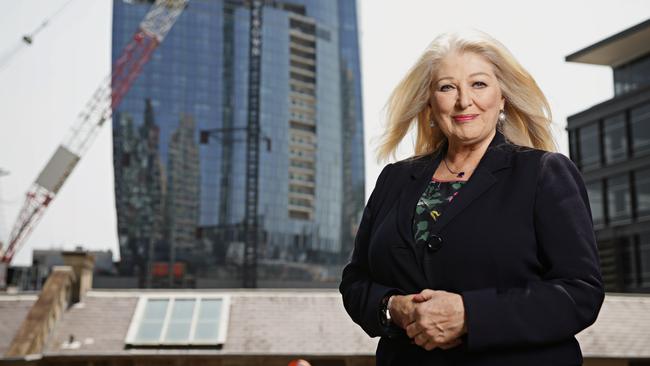
Coonan in the know
Helen Coonan’s well-flagged elevation to the role of executive chair at Crown Resorts is an extraordinary benefit of convenience over good governance.
Having served on the casino operator’s board for close to a decade, including a year as chairman, she is clearly as much part of the culture of the company as any other figure.
But she emerged as a natural successor to lead the company, until a new CEO is found, because she impressed casino licence inquiry commissioner Patricia Bergin as a credible witness.
As a long-time director Coonan either knew what was going on at Crown or should have and, while not directly linked to Consolidated Press, was on the board with James Packer‘s support.
Her position then is in large part due to Bergin’s carefully chosen words of support.
NSW gaming regulator Philip Crawford has also declared his support for her in the executive chairman role, in an even more bizarre twist.
Company boards are usually selected by shareholders but how they deal with stakeholders is clearly an issue and in this case shareholders contacted have supported her role, as an interim measure.
Whether Coonan is the best long-term chair is a different question, but the battle here is to resurrect what can be saved from the wreckage.
Shareholders contacted said Coonan had pledged to do what was needed to get the company back on track, which of course means winning support to operate the Sydney casino.
As a means to an end she fits the purpose, even if she is not seen as necessarily the best person for the role.
If she manages to win approval for Crown’s casino licence in Sydney, and makes the right management calls, then her case for long-term support is boosted.
Suffice to say the reputational stakes are high for Coonan.
That said, after a decade on the board, by most measures, her time is already up.
One of her many roles is as chair to PR firm GRACosway, where she is regarded as a “straight shooter.”
Then again those at the firm could be expected to sing her praises.
While Bergin’s report was damning of the Packer regime at Crown, it ironically enough tossed him a lifeline by offering a recovery plan led by Coonan.
If Packer retains any stake in the company, this support clearly helps.
This also casts a different light on a corporate restructure which has already broken many of the good governance rules.






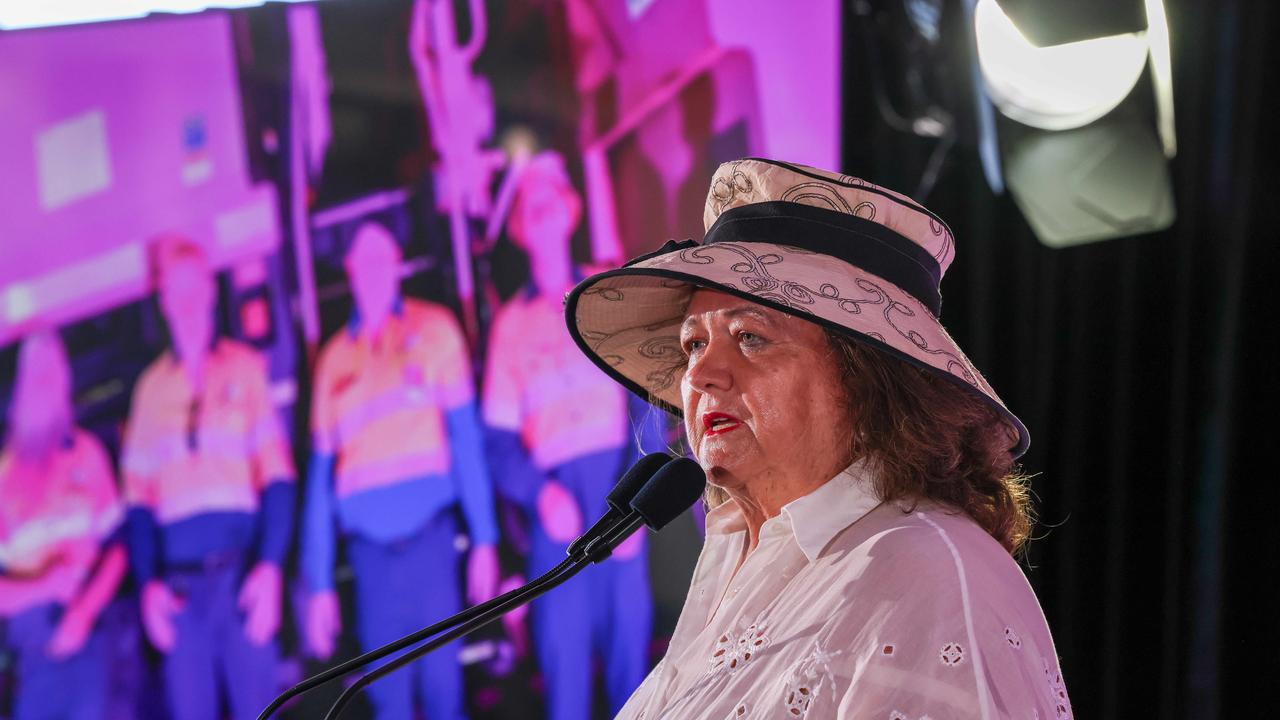
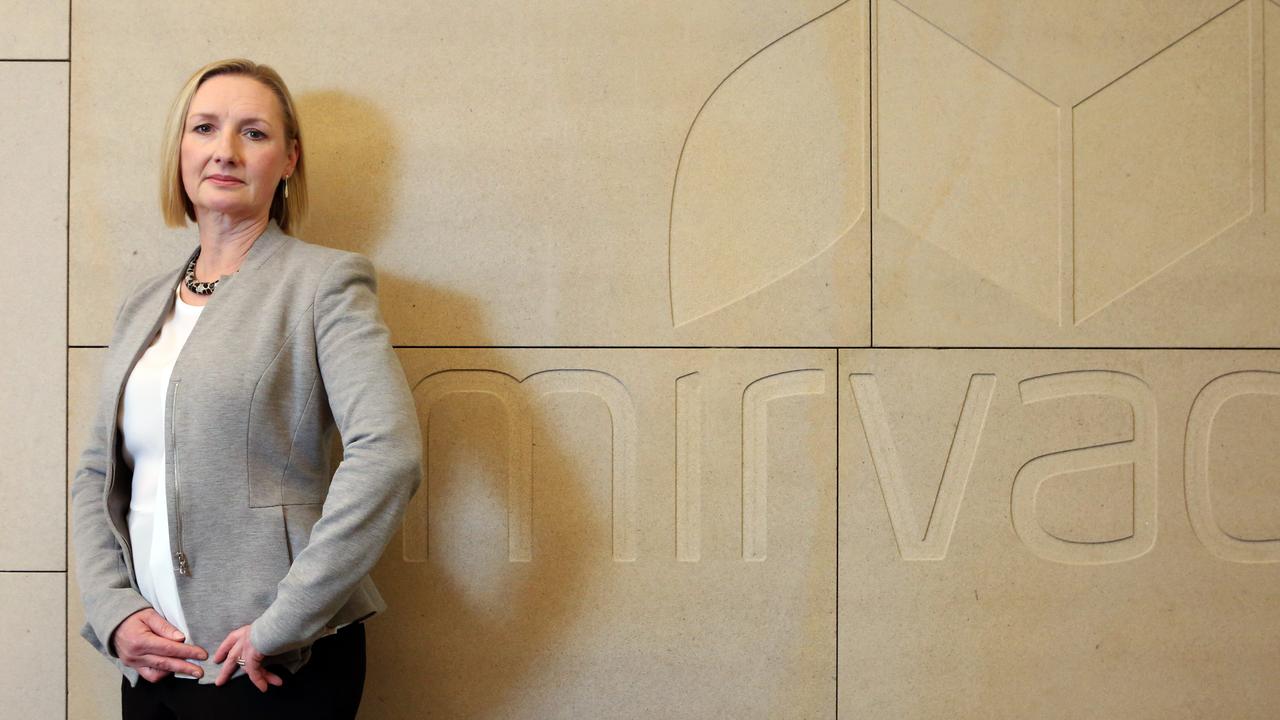
JB Hi-Fi boss Richard Murray is riding the home renovation boom to perfection, leveraging the flood of liquidity to record profits based on retail excellence.